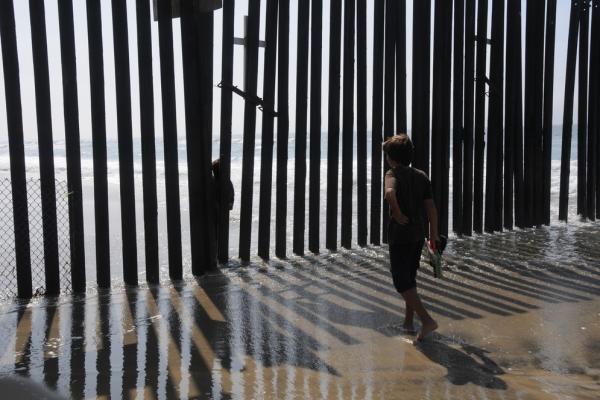May 21, 2018
Calling people “animals” misses the mark on all of this, even if the comment only referred to gang members. No, we shouldn’t shrug at evil or avoid calling out awful things and people who are causing great suffering — an important part of our power with language. But even in naming evil we’re to be guided by love for the suffering and those who cause suffering. Jesus loved the criminal on the cross next to him on Golgotha. Each person is made in God’s image and loved by God.
Read the Full Article

Already a subscriber? Login
